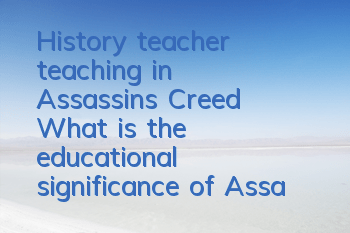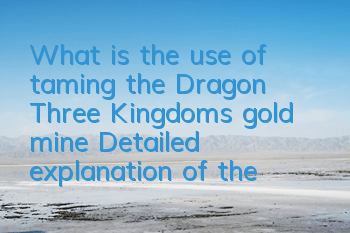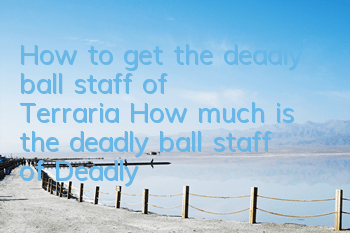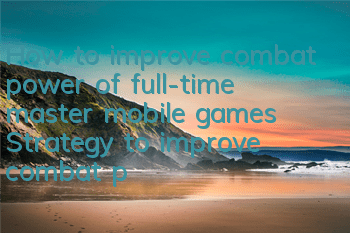Travel software is not for nothing.
Kevin Péloquin is a high school history teacher living in Montreal, Canada. This year, he planned to take students to visit scenic spots and monuments to Greece, and then ask each student to write a visit report and come back to study. However, the global outbreak completely ruined his plan, schools were closed and travel was restricted, so Greece had to give up.
"I called the students one by one and told them that the trip was cancelled, and they were all very disappointed."
Kevin's class is an elective course, and he is afraid that some students will slack off or even give up during the epidemic. Therefore, he hopes to come up with a way to make up for it, so that students can visit Greece without leaving home, so he soon fell in love with "Assassin's Creed: Odyssey".
Although the plot of "Assassin's Creed" cannot be learned as history, it is mixed with a lot of fabricated content. However, "Assassin's Creed" also referenced a large number of historical documents during its production, especially in the restoration of architecture, clothing, and life scenes is quite exquisite. In particular, last year, Ubisoft updated the "Discovery Journey" mode for the game for free, turning "Assassin's Creed: Odyssey" into a digital museum.
In this mode, there will be no battle and main plot. Players can focus on visiting famous ancient Greece places and monuments and see what they look like when they are glorious. The game has 30 discovery trips built-in, leading players to visit the famous landscapes of ancient Greece, giving detailed explanations on the architecture, culture, living habits, etc. at that time, and also including photos of some cultural relics. Finally, the game will also introduce some small in-class tests, and students can learn a lot of knowledge even without the teacher’s teaching.
So Kevin asked the students to visit and explore the game, and then wrote a visiting report based on their experiences in the game.
Kevin knew about the Assassin's Creed series very early. He also used the trailer of Assassin's Creed 3 to showcase the American War of Independence in class, but the real use of Assassin's Creed for teaching was due to a research he read.
The study, conducted by the University of Montreal and Ubisoft, allowed 330 students to learn history using Assassin’s Creed: Origins’ Discovery Journey model. The research results show that the effect is very significant after combining education and games. When students are fully self-study, the correct rate of answering Egyptian historical questions has increased from 22% to 41%, and when teachers are guided, the correct rate has increased to 55%, which gave Kevin a lot of confidence.
Kevin contacted Ubisoft, hoping to get some help. Ubisoft gave him and his 23 students a three-month version of "Assassin's Creed: Odyssey" to him and his 23 students, which can run without a game console or a good computer.
"When I told the students to learn this game, they were all very happy and verySurprised to be able to take history classes in this way. ”
After the outbreak, Ubisoft received letters from teachers like Kevin asking how to better use Assassin's Creed to teach courses. To this end, Ubisoft has also established a teacher network so that teachers can communicate their experiences with each other.
In the current severe global epidemic environment, many teachers are trying to find new ways of education in the game, and subjects are not limited to history. Before, a teacher used "Half-Life: Alex" to teach mathematics online.
Media Molecule, the production team of the creative game "Dreams", said that teachers from various subjects have contacted them, some are geography teachers and some are music teachers, and they all hope to use "Dreams" to build virtual classrooms. "Minecraft" and "Roblox", which are very popular among teenagers, have been frequently used in education during the epidemic.
Kevin Péloquin said: "Some people say that under the current situation, it is quite a big impact on students' learning, but I see it as an opportunity to explore different ways of education."









